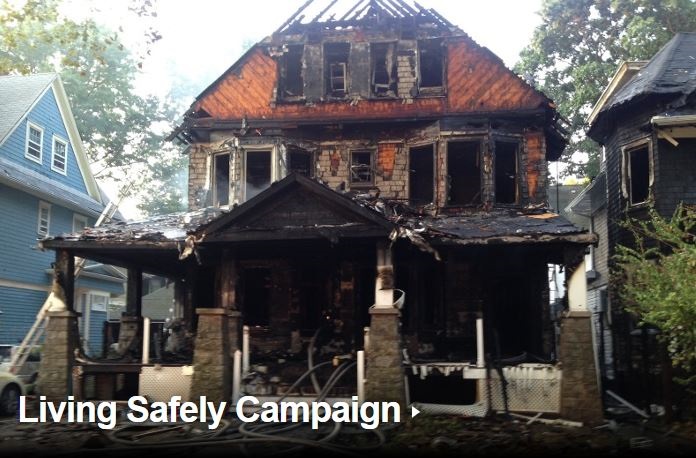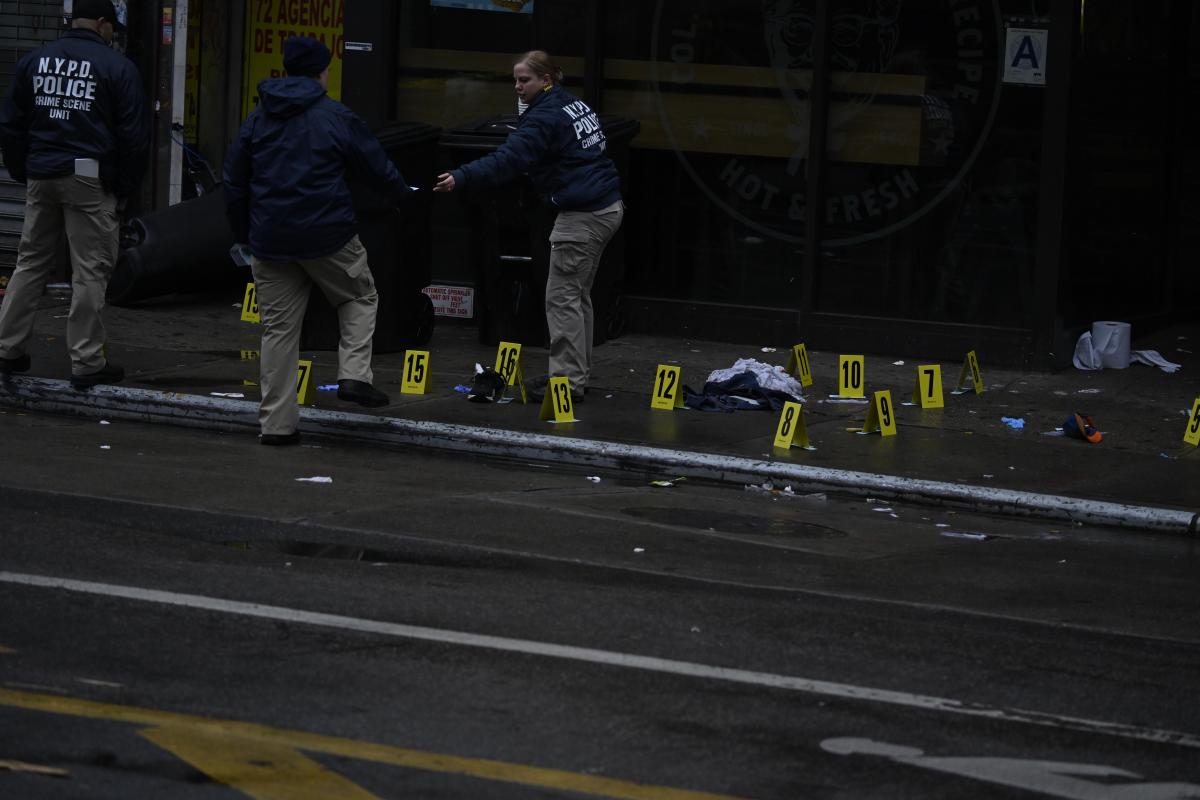New York City is stepping up its efforts to alert residents to the dangers of illegal housing.
The Department of Buildings, the Fire Department, and the Department of Housing Preservation and Development announced on Thursday that they would be running a “Living Safely” campaign throughout the city to raise awareness of and warn New Yorkers about illegally converted apartments.
The three agencies aim to distribute 10,000 flyers containing tips on recognizing and avoiding illegal apartments, as well as their dangers and consequences. The flyers will be available at elected officials’ offices, community boards, and various transportation hubs, including the 74th Street-Roosevelt Avenue subway station in Jackson Heights.
Illegally converted apartments are classified as living spaces that have been modified so that more people can live in them without approval from the Department of Buildings. They usually lack at least two entrances or exits, windows and/or ventilation, and might contain unsafe utilities.
The flyers contain the following 10 safety tips:
- Avoid apartments priced lower than other apartments in the area.
- Apartments advertised as being “basement” or “attic” apartments often lack adequate exits.
- Stay away from apartments that have no windows, or very small windows. These will usually be basement apartments, and are often described as being “sunny.”
- The word “flex” means that the apartment can be made into a multi-bedroom space with pressurized walls. It is illegal to build any wall without proper permits.
- A landlord may say “utilities included” to avoid having more names attached to the property, which would indicate that there are more people living there than is allowed.
- Apartments with “unique” or “interesting” layouts should be avoided.
- Be careful with landlords who won’t reveal the exact address of the apartment—they may ask to meet a potential renter before giving out an address, in order to avoid fines.
- Landlords renting out illegal apartments might ask renters to get a post office box rather than having mail delivered to the house.
- Be wary of landlords who don’t draw up a lease, or ask for payment in cash.
- Ensure that the apartment has a proper way to get in and out. Tenants should be able to leave the apartment directly or through a public hallway.






























